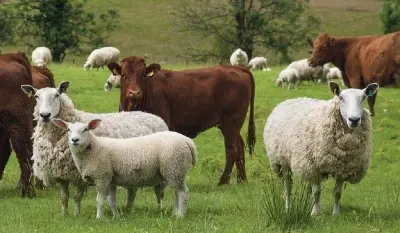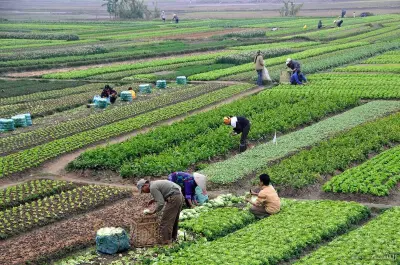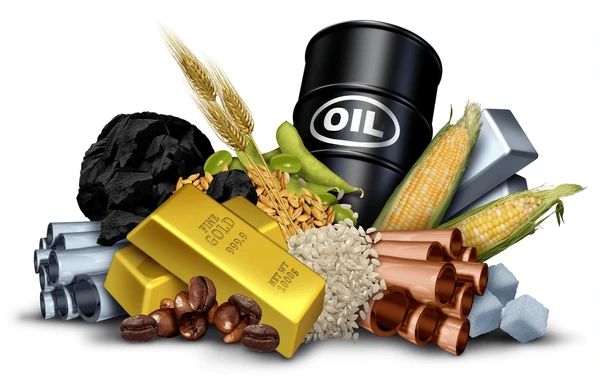


Directory of livestock suppliers in Libya
 الوكيل الزراعي6 months ago
الوكيل الزراعي6 months ago الشوفانSeeds And Seedlings, Cereals And Legumes, Animal Feed, Industrial Crops
الشوفانSeeds And Seedlings, Cereals And Legumes, Animal Feed, Industrial Crops Nsreen1984ekraeem@gmail.com16 months ago
Nsreen1984ekraeem@gmail.com16 months ago اغلي حجر جاسبر نادر يحتوي علي الماس
اغلي حجر جاسبر نادر يحتوي علي الماس




 الشوفانSeeds And Seedlings, Cereals And Legumes, Animal Feed, Industrial Crops
الشوفانSeeds And Seedlings, Cereals And Legumes, Animal Feed, Industrial Crops اغلي حجر جاسبر نادر يحتوي علي الماس
اغلي حجر جاسبر نادر يحتوي علي الماس